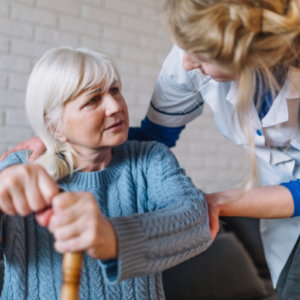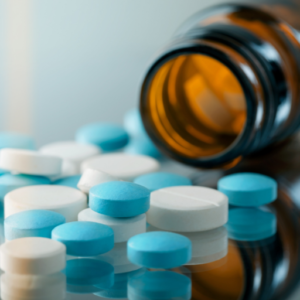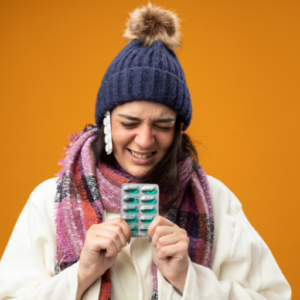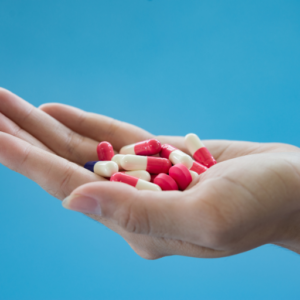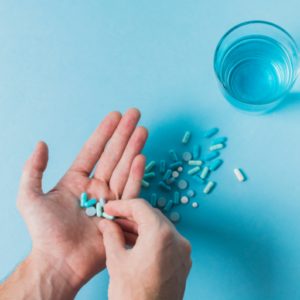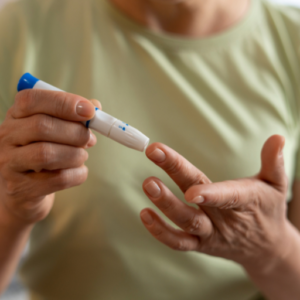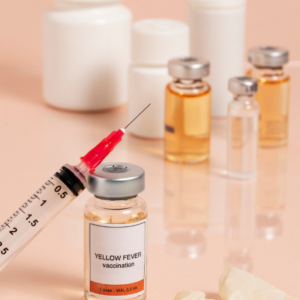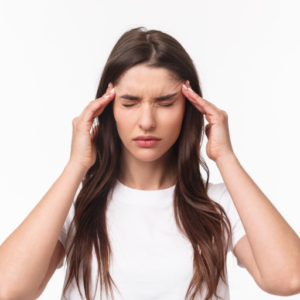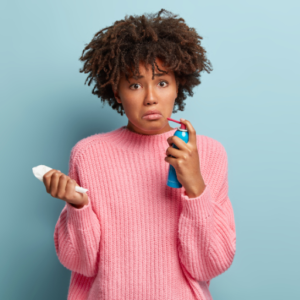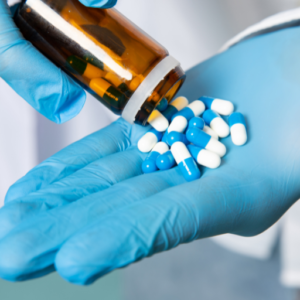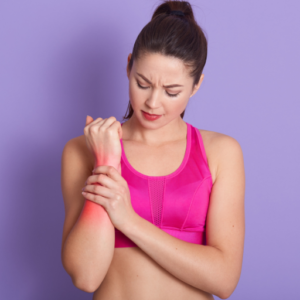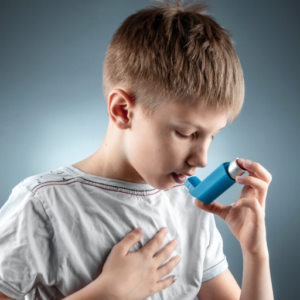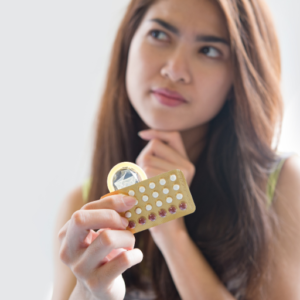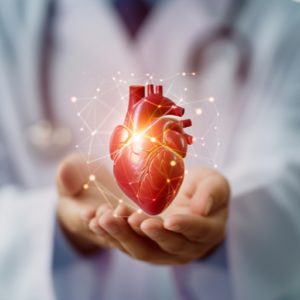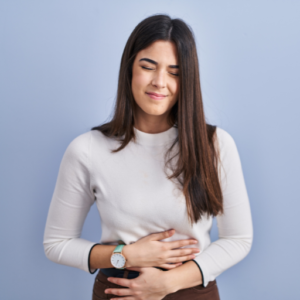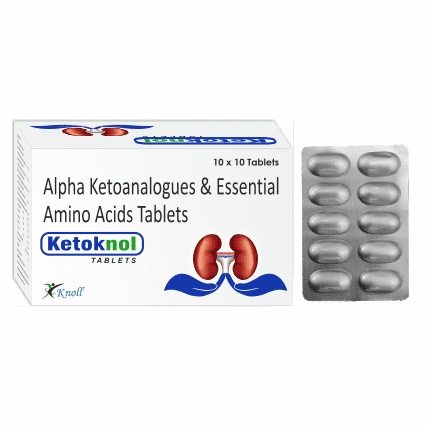Ketoknol
| Package | Per tablet | Savings | Price |
|---|---|---|---|
| 180 tablets | $0.76 | $43 | $180 $137 |
| 150 tablets | $0.78 | $33 | $150 $117 |
| 120 tablets | $0.79 | $25 | $120 $95 |
| 90 tablets | $0.84 | $14 | $90 $76 |
| 60 tablets | $0.90 | $6 | $60 $54 |
| 30 tablets | $1.00 | – | $30 |
What is this medicine?
KETOKNOL Tablet contains Ketoconazole, which is an antifungal medicine. It is used to treat a variety of fungal infections including those of the skin, mouth, throat, urinary tract, and systemic (internal) fungal infections. It works by stopping the growth of fungi by interfering with the production of their protective cell membranes.
What should I tell my health care provider before I take this medicine?
They need to know if you have any of these conditions:
-
Liver disease or a history of liver problems
-
Alcohol abuse or if you consume alcohol frequently
-
Adrenal gland problems (like Addison’s disease)
-
Heart rhythm disorders or family history of QT prolongation
-
Low potassium or magnesium levels in the blood
-
Weak immune system (due to disease or medications)
-
An unusual or allergic reaction to ketoconazole or other antifungals
-
Pregnant or trying to get pregnant
-
Breast-feeding
How should I use this medicine?
Take this medicine by mouth with food to improve absorption and reduce stomach upset. Swallow the tablet with a full glass of water. Follow the dosage instructions provided by your doctor or pharmacist carefully.
Do not take more often than directed. Do not stop taking the medicine without your doctor’s advice, even if you feel better.
Overdosage: If you think you have taken too much of this medicine, contact a poison control center or emergency room at once.
What if I miss a dose?
If you miss a dose, take it as soon as you remember. If it is almost time for your next dose, skip the missed dose and return to your regular schedule. Do not take double or extra doses.
What may interact with this medicine?
-
Antacids or acid-reducing medicines (e.g., ranitidine, omeprazole, famotidine)
-
Alcohol
-
Certain antibiotics (e.g., rifampin, isoniazid)
-
Warfarin and other blood thinners
-
Certain anti-anxiety or sleep medications (e.g., alprazolam, midazolam)
-
Statins like simvastatin or lovastatin
-
Digoxin
-
Antidepressants
-
Drugs affecting heart rhythm (e.g., quinidine, amiodarone)
-
Cyclosporine, tacrolimus
-
Anti-HIV medications (ritonavir, saquinavir)
This list may not describe all possible interactions. Give your health care provider a list of all the medicines, herbs, non-prescription drugs, or dietary supplements you use. Also tell them if you smoke, drink alcohol, or use illegal drugs. Some items may interact with your medicine.
What should I watch for while using this medicine?
-
Visit your doctor for regular monitoring, especially liver function tests.
-
Report any signs of liver problems: yellowing of the skin or eyes, dark urine, fatigue, or nausea.
-
Avoid alcohol, as it increases the risk of serious liver damage.
-
Avoid driving or operating heavy machinery if you feel dizzy or drowsy.
-
Women should use effective contraception while taking this medicine and for some time afterward (consult your doctor).
-
Let your doctor know if you experience hormonal changes like irregular menstrual cycles or breast tenderness in males.
What side effects may I notice from this medicine?
Side effects that you should report to your doctor or health care professional as soon as possible:
-
Allergic reactions like skin rash, itching, hives, swelling of the face or throat
-
Yellowing of skin or eyes, dark urine, pale stools (signs of liver trouble)
-
Severe fatigue or weakness
-
Dizziness or fainting
-
Irregular heart rhythm or chest pain
-
Unusual bleeding or bruising
-
Severe abdominal pain or persistent nausea
Side effects that usually do not require medical attention (report if persistent or bothersome):
-
Headache
-
Nausea or vomiting
-
Mild diarrhea
-
Stomach discomfort
-
Drowsiness or dizziness
-
Breast enlargement or tenderness (especially in males)
-
Irregular periods
This list may not describe all possible side effects.
Where should I keep my medicine?
-
Keep out of the reach of children.
-
Store at room temperature between 20 and 25 degrees C (68 and 77 degrees F).
-
Protect from moisture and direct sunlight.
-
Keep the container tightly closed.
-
Discard any unused medicine after the expiration date or as instructed by your pharmacist.



